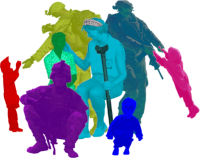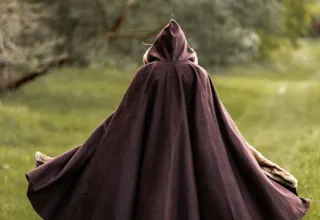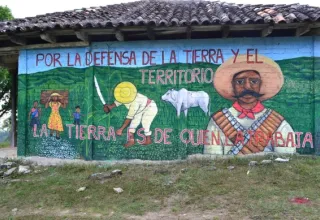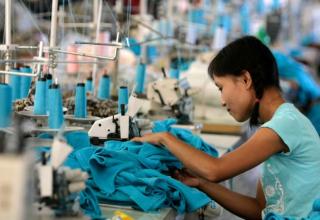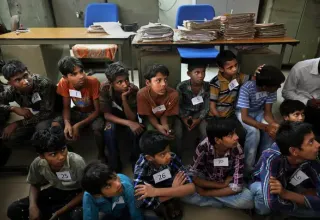I want my boys to have an understanding of people’s emotions, their insecurities, people’s distress, and their hopes and dreams.
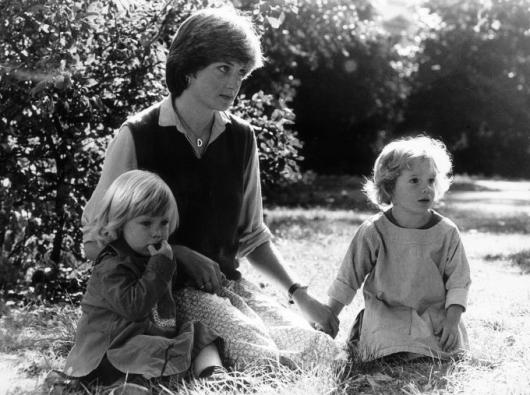
The Power of Storytelling
 Stories have the unique ability to transcend barriers and touch hearts in ways that statistics and reports cannot. They bring to life the experiences of those who have endured unimaginable hardships, offering a glimpse into their world. By sharing these personal journeys, we can illuminate the dark corners of trafficking and slavery, making them impossible to ignore.
Stories have the unique ability to transcend barriers and touch hearts in ways that statistics and reports cannot. They bring to life the experiences of those who have endured unimaginable hardships, offering a glimpse into their world. By sharing these personal journeys, we can illuminate the dark corners of trafficking and slavery, making them impossible to ignore.
When you read a story of survival, you are not just learning about an individual’s past; you are witnessing their strength and resilience. These narratives inspire action by showing that change is possible and that every voice matters in this global movement.
Your Story Matters
 If you have experienced or witnessed child trafficking or human slavery, your story is invaluable. It has the power to educate others, inspire hope in fellow survivors, and drive meaningful change in our communities.
If you have experienced or witnessed child trafficking or human slavery, your story is invaluable. It has the power to educate others, inspire hope in fellow survivors, and drive meaningful change in our communities.
We invite you to share your story with us. By doing so, you contribute to a tapestry of voices that demand justice and equality for all children worldwide. Your narrative can be a beacon of hope for those still trapped in darkness.
Together, let us amplify these voices until they resonate across borders and ignite a global movement towards freedom for every child.
TELL US YOUR STORY
In the fight against global child trafficking and human slavery, stories hold immense power. They are not just narratives; they are lifelines that connect us to the realities faced by survivors. Through stories, we can foster empathy, understanding, and a collective resolve to end these heinous practices.
